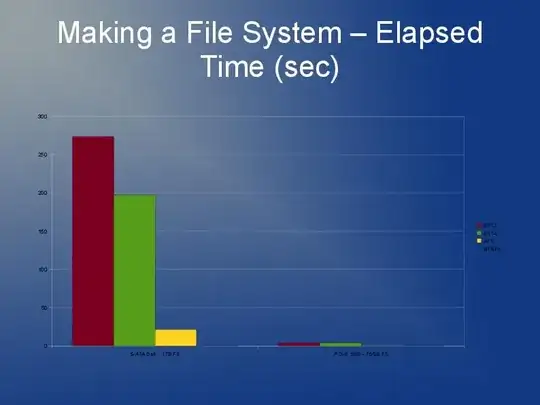Question:
Do my settings (shown below) prevent visitors from getting to any of the public web sites on my server if their ISP's IP Address has been blocked/black-listed through cPHulk Brute Force Protection?
Background
Lately, there has been a huge rise in foreign connection attempts to my server's resources. I am trying to prevent hackers from gaining access to my server. At the same time, I do not want visitors to the sites (hosts) on my server to be prevented from gaining access to the public sites. I have set my cPHulk BFP settings as follows:

To complete the loop on buttoning your server down, refer to my other question here --> How to Blacklist a Range of IPs in cPHulk Brute Force Attack Settings
P.S. for even quicker security and since I do not typically forget my password or mess up during login, I have ratched-down the three Maximum Failures settings from "4" to "3".